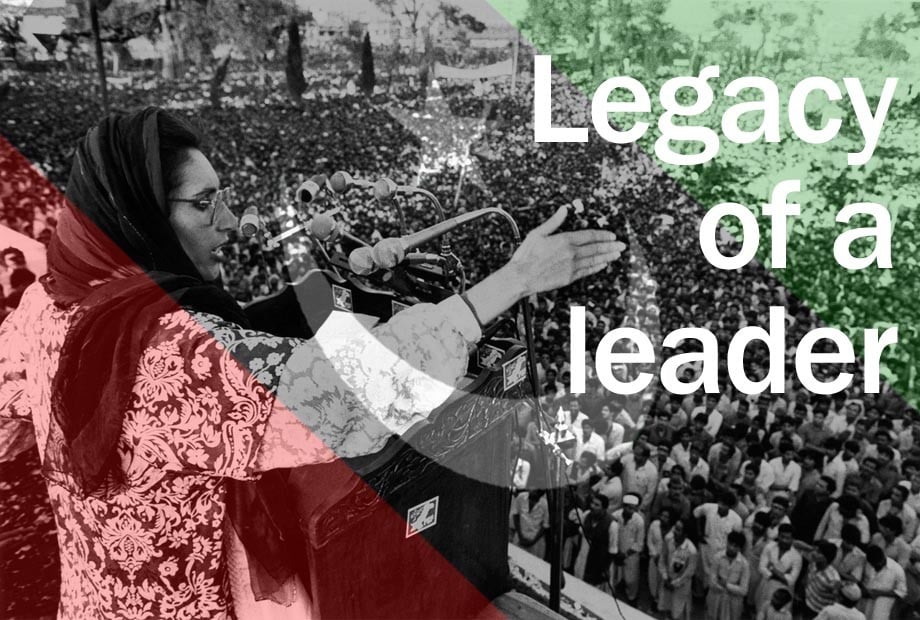

December 27, 2017 will mark the tenth anniversary of Benazir Bhutto’s assassination. Even after ten years the political landscape is still barren with no leader committed and capable enough to ward off the dangers to democracy that lurk in the shadows. This perhaps is what those who planned her removal had in mind.
In 2007, when she decided to return to Pakistan, braving all threats that were presented to deter her, Benazir Bhutto had really matured into a leader who could put the country onto the right path. As she landed in Karachi, she writes in her book, Reconciliation, Islam, Democracy and the West, "I felt that a huge burden, a terrible weight, had been lifted from my shoulders. It was a sense of liberation. I was home at long last. I knew why. I knew what I had to do."
Many things had happened in the last eight years. The country was in the throes of a military dictatorship and had become "the epicenter of an international terrorist movement". Her immediate task was twofold: to bring democracy back to the country and confront the terrorism problem head on. Her long term strategies could only be second-guessed.
Read: Legacy of the leader
On Oct 18, 2007, she was greeted by a mammoth crowd of three million in Karachi, three times of what she had seen in April 1986 in Lahore when she had returned after her first exile.
Ten years have passed by. We at The News on Sunday take this opportunity to reassess the worth of what we lost, the legacy of Benazir Bhutto as a politician, and the lessons that her life and politics offer to tackle with the intolerance and extremism in today’s Pakistan.
Even though this exercise has evoked some warm and sad memories, it is incredibly satisfying to know that we had in our midst a woman leader of such stature. There are so many aspects of her life, as critically and lovingly recollected here, that have the potential to reshape this society and her own party.